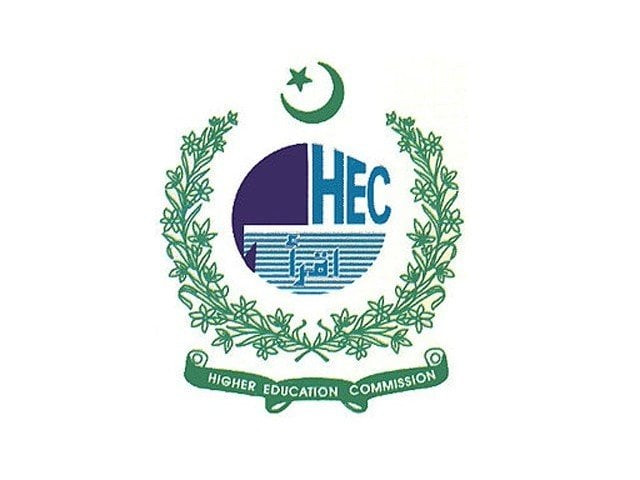FAPUASA urges HEC to set up grievance council
Commission chief suggests developing a joint Code of Conduct for academia

Photo: File
This was urged as a delegation from the Federation of All Pakistan Universities Academic Staff Association (FAPUASA) met with the Higher Education Commission (HEC) Chairman Dr Tariq Banuri at the Commission Secretariat on Monday.
FAPUASA representatives presented their concerns regarding the alleged victimisation of some faculty members by the management of their respective universities.
They lamented that teachers and academics are being fired, while their right to freedom of speech has been suppressed.
“We do not raise any objection if actions are taken against faculty on the basis of financial or moral corruption,” FAPUASA members said as they requested the HEC to set up a grievance council which would adjudicate on such matters through a transparent, judicious process.
Dr Banuri said that HEC was striving to strengthen the autonomy of universities apart from making their systems fair and accountability.
He added that the HEC strongly supports a timely, fair resolution to the issues of faculty and all other academic community members.
The HEC chief promised to weigh the pros and cons of setting up a grievance council from legal as well as practical perspective, consult with other stakeholders, especially the Vice-Chancellors' Committee.
In addition to this, he drew the attention of the faculty association towards an urgent need to derive consensus over a formal "Charter of Rights" for faculty members, especially with regard to the need to protect intellectual freedom on campuses.
In response to a number of comments regarding harassment and ill-treatment of faculty members, Dr Banuri suggested that all stakeholders, including FAPUASA, the VC's Committee, and HEC develop a Code of Conduct for academia.
This, he hoped, will not only help create consensus over a desirable framework for interaction amongst academics but will also serve as a model that could be presented to the rest of society.
On other matters, all participants agreed that government funding for higher education should be enhanced rather than slashed.
Dr Banuri said that nobody in the government disagrees with this proposition, yet, the funding for higher education remains low and has been further slashed.
As against the global norm of an allocation of one per cent of the Gross Domestic Product (GDP) for higher education, the proposed funding in the fiscal year 2019-20 would amount to only 0.18 per cent, which was the lowest ratio since the establishment of the HEC. Further, government funding per student was also one of the lowest in the world.
“We academicians have reasons and facts on our side, and we should use these to convince the government.”
In response to a question regarding research funding, he assured that no HEC programme had been stopped and that the allocation for research and research-related expenses (including conferences, research travel, startup grants, anti-plagiarism software, and access to digital libraries) were, in fact, be enhanced significantly.
In addition to the NRPU, HEC was also launching two major new initiatives, including the National Challenge Fund (NCF) and the Local Challenge Fund (LCF), which will support consortiums of universities to contribute to the resolution to national and local challenges respectively. He said that universities will be encouraged to spend at least five per cent of their budgets on research related expenditures.
Published in The Express Tribune, June 25th, 2019.


















COMMENTS
Comments are moderated and generally will be posted if they are on-topic and not abusive.
For more information, please see our Comments FAQ